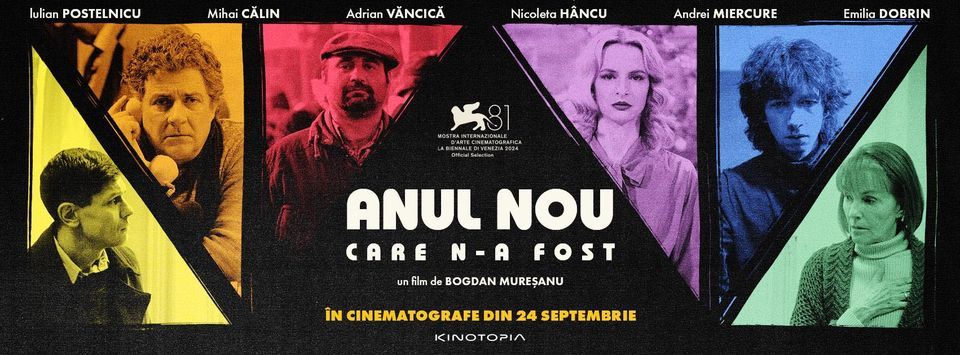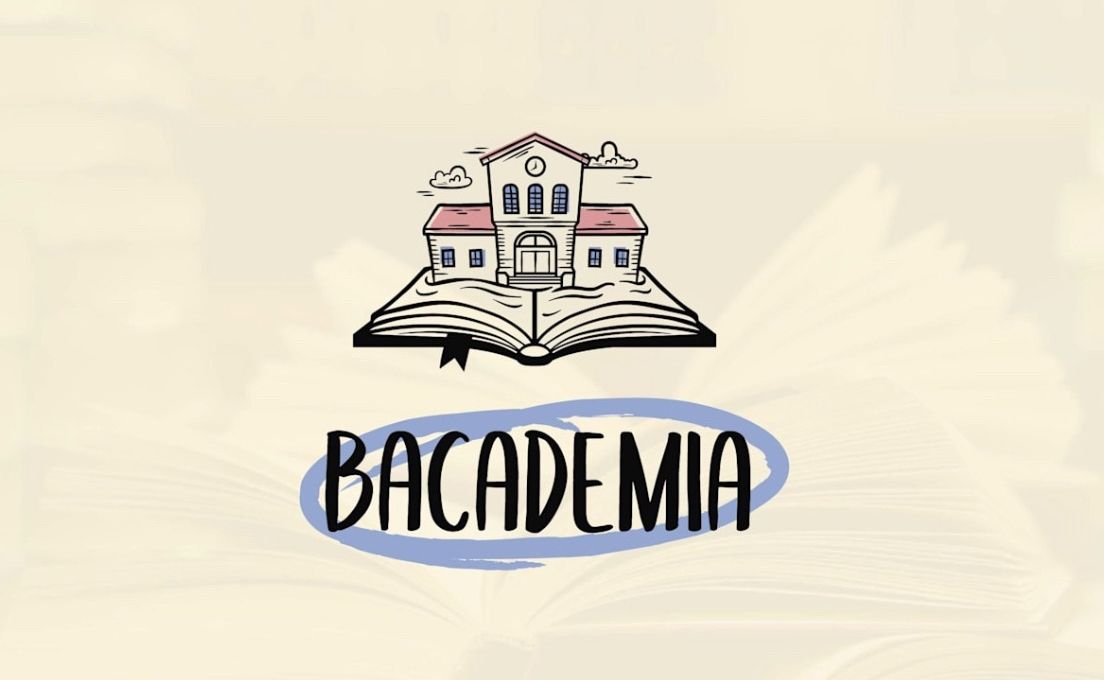Vloggers, Music, and Promoting Romania Abroad
In November of last year, one of the most followed French vloggers, Squeezie, recorded a very successful music video that used a few words in Romanian

Ana-Maria Cononovici, 30.08.2022, 14:00
The song is Time Time, a song that parodies the music of the 2000s, interpreted by the band Three Fingers, made up of Squeezie and two friends. The video got over 9 million views on YouTube five days since the launch, while the CD single sold almost 40,000 copies within 48 hours.
The 25 year-old Squeezie, real name Lucas Haucahrd, has over 16 million subscribers on his YouTube channel. He became famous starting with funny videos, reaction videos on various latest events, and music videos made with friends of his.
We spoke with sociologist Bogdan Voicu, from the Romanian Academy’s Institute for Quality of Life Research. We asked him about the influence that this song may have on Romania’s image:
“We are talking about a language that is little known outside Romania, one which sounds strange. The words in the song were carefully picked, in the spirit of the band O-zone, because that is where it all started, with a hit song that became very popular. In addition, at the time it came out, it was incredibly popular in discotheques in Spain and Italy, which were not actually popularizing O-zone, but Haiducii, and where we had an entire generation of expat Romanians, dancing on those beats. This allowed it very good penetration, making great propaganda for the Romanian language.
And now Westerners can easily utter ‘sunt fericit ca mananc un pepene fara samburi’ (I am happy to eat a seedless watermelon’). Bogdan Voicu commented:
“It is the case for the other words, which have almost no sense. It is an almost Dada text, what the French vlogger put out, which in fact is an imitation of what O-zone did, preserving the same kind of beat, which still sells well today. In fact, we have a perfect validation of the fact that the melody behind the O-zone song was strong, bringing to the fore a new generation of listeners and getting them dancing.
We asked Bogdan Voicu if what is happening is a good think, a bad thing, or indifferent.
“It is great for O-zone. For Romania, it is fantastic, and at the same time, it is a massive slap in the face for successive Romanian governments, who have not managed to use such small things to promote, which would lead to a rising interest in this country. I mean, we could have simply had this type of a song being promoted. Or 40 such songs, promoted cheaply, where if one of them got into the top charts, like the O-zone song, which is now a cover by Three Fingers, it would have been fantastic. In fact, all the hype around this story that started last November ended up sending the song to the top charts in several European countries. It did have to with the popularity of the vlogger who put it out there. It also had to do with all the comments, replies, with getting dissected in other videos available on YouTube, TikTok, and other such media. Which means that we have a case of multiplication, bring the Romanian language to the fore. The fact that Romanian is brought to the fore is implicitly propaganda in favor of our country.
Bogdan Voicu lived several years in Western countries, so we asked him if there are moments when one might feel embarrassed when you say that you’re from Romania:
“Well, it depends where you are. I remember that I was in the US in the ’90s, and when asked where I was from, I answered Romania. Then Americans, mostly the students I was interacting with, said ‘Romania, that’s in Europe, Europe is different’. And that was about it. Whether I was from Romania or France, it was all the same. So, from this point of view, I think it was a blessing that my interlocutor didn’t know the difference, Romania or France. At the same time, around that same period of time, I went to France. I remember I was at a bus station in Strasbourg, and a local asked me something about the bus line. I told her I didn’t know, because I wasn’t a local, so she asked me where I was from. I said Romania, and she said ‘That’s the former Yugoslavia’. Well, that was not good at all! Nowadays, I don’t think it’s that important for people to know about Romania, or what Stephen the Great did, when all is said and done. What is important is for the country to fare well, to attract tourists, and have a positive image. I was told by a German journalist that a certain Romanian European commissioner was very good, and then told by the same journalist that another one is a disaster. But these are natural things. They happen everywhere. Any kind of politician, actor, or personality of any kind from a given country can have a better or worse image, affecting the image of the country. We are affected a bit more, because we are lesser known; when we are better known, it won’t matter so much what one or another personality does, because we would be known as a nation.
Right now, it seems that, beyond the Ceausescu dictators or Nadia Comaneci, the West is now aware of O-zone, and now Three Fingers provide free Romanian lessons online. As the song says: ‘Viitorul e grozav!’ (The future is great!)






























